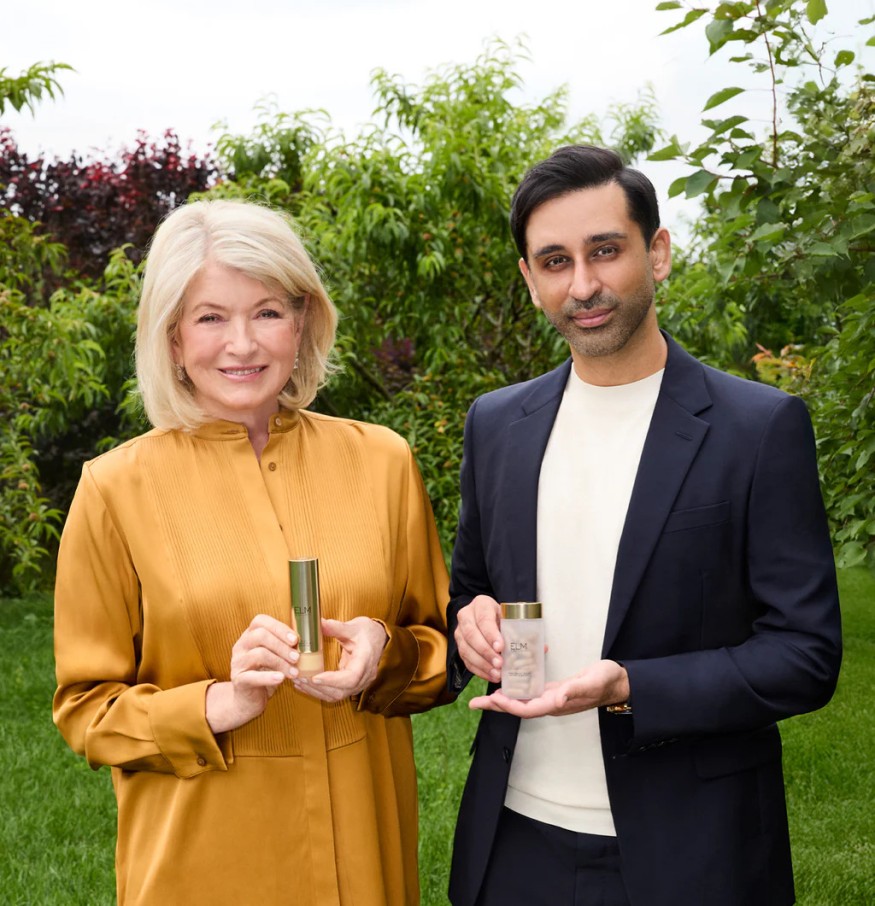
Martha Stewart has never been one to shy away from a challenge. Now, the 82-year-old lifestyle mogul is taking on the beauty industry with her new skincare line, "Martha," aimed squarely at consumers over 45—a group often ignored by mainstream brands. Stewart's launch, in partnership with Marquee Brands and biotech firm Elm Biosciences, isn't just about looking good. It's about setting a new bar for transparency, science, and regulatory compliance in a sector under growing government scrutiny.
Stewart told WWD, "I've always been interested in skincare, and I've always been interested in looking as good as I possibly can as I age. I want to share what I've learned and what I use with others." Her emphasis on efficacy and transparency lands at a critical moment for the $100 billion U.S. cosmetics market.
The industry is facing the most significant regulatory overhaul in decades. The Modernization of Cosmetics Regulation Act (MoCRA), passed by Congress in late 2022, gives the FDA sweeping new powers. Brands must now substantiate safety claims, report adverse events, and make ingredient lists more transparent. The FDA can even recall unsafe products—something it couldn't do before. For many legacy brands, this means scrambling to update formulas and labeling. For Stewart, it means opportunity.
By partnering with Elm Biosciences, Stewart signals a commitment to science-backed products—just as regulators and consumers demand more proof and less hype. Industry analysts at WWD note the brand's "scientific positioning may set a new standard for transparency and efficacy in the age-positive segment." The Wall Street Journal adds that Stewart's celebrity status and focus on rigorous science could "raise the bar for regulatory compliance and consumer expectations."
Why does this matter beyond beauty counters? According to a 2023 Pew Research Center poll, 72% of Americans want stricter regulation of cosmetics, especially around ingredient safety and marketing claims. Yet, 60% of consumers remain skeptical of celebrity beauty brands. However, trust rises when brands highlight their science and openness—precisely Stewart's pitch with "Martha."
The political implications extend further. Stewart's target market—Americans over 45—is growing, increasingly vocal, and demanding better representation in advertising and product development. The brand's age-positive message aligns with calls for inclusivity and challenges industry ageism. As stricter MoCRA regulations phase in through 2025, Stewart's compliance-first approach could become a blueprint for others. This may push competitors to lobby for clearer rules and invest in safer, more transparent products.
There's also a legislative angle. With the FDA now enforcing MoCRA, Congress is likely to consider further tweaks, especially on digital marketing and ingredient disclosure. Stewart's high-profile launch could shape the debate, giving lawmakers a real-world example of responsible innovation.
For engaged citizens, Stewart's skincare isn't just about creams and serums. It's about how business, government, and public demand can reshape an entire industry. If Stewart succeeds, she won't just help consumers age better—she might just make the beauty business smarter and safer for everyone.
